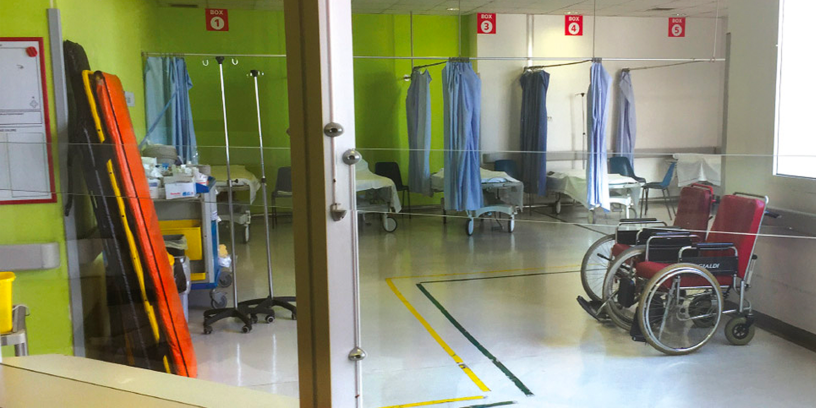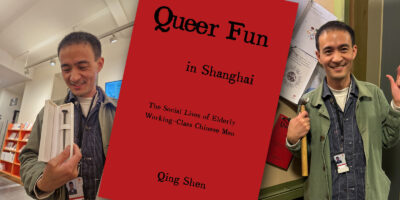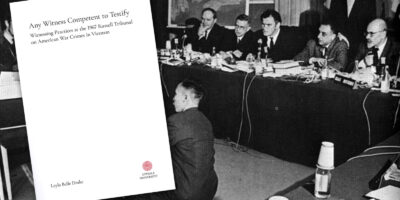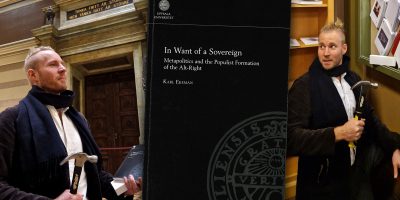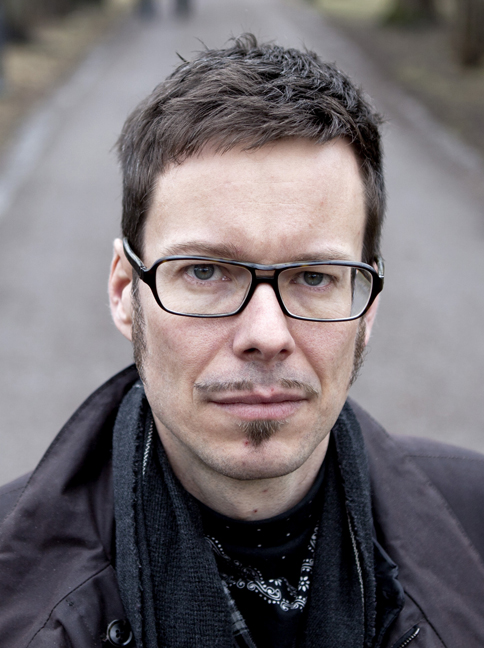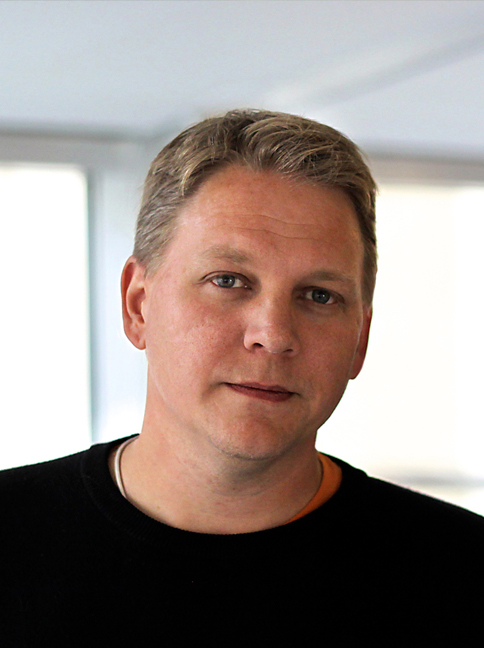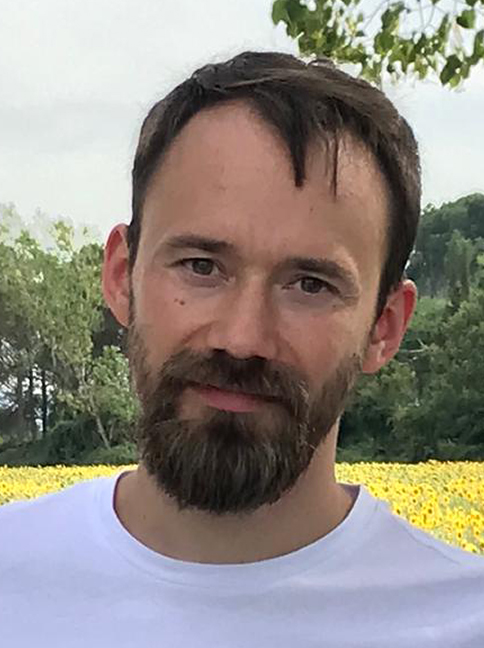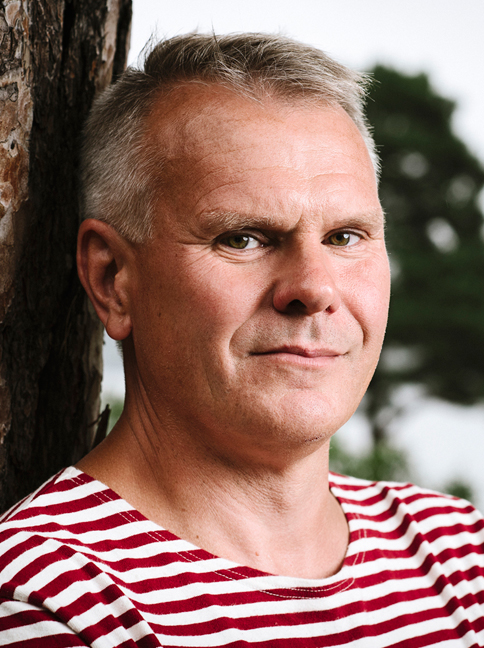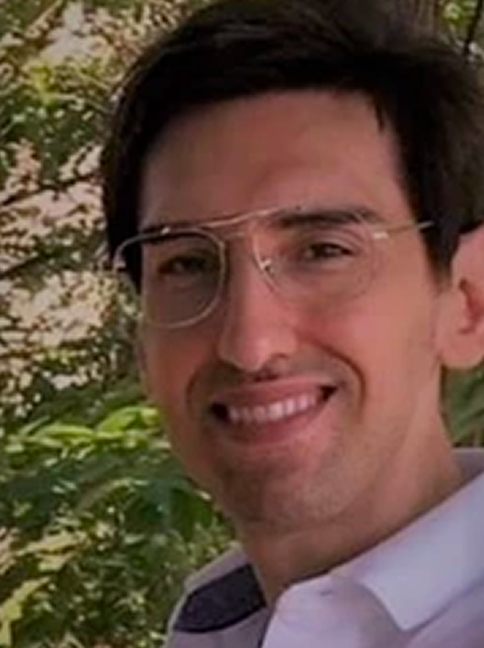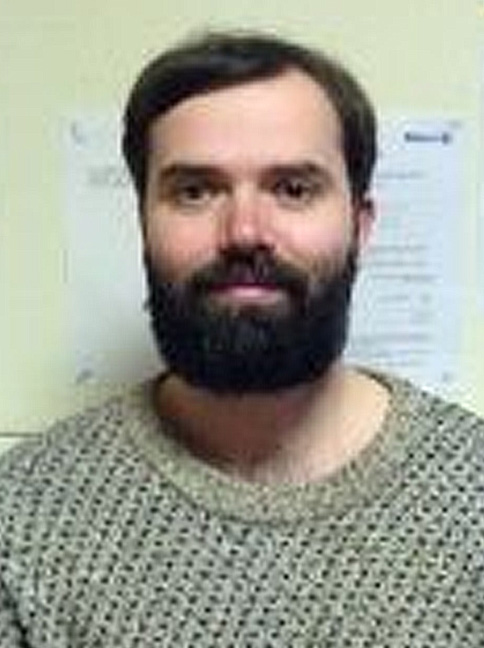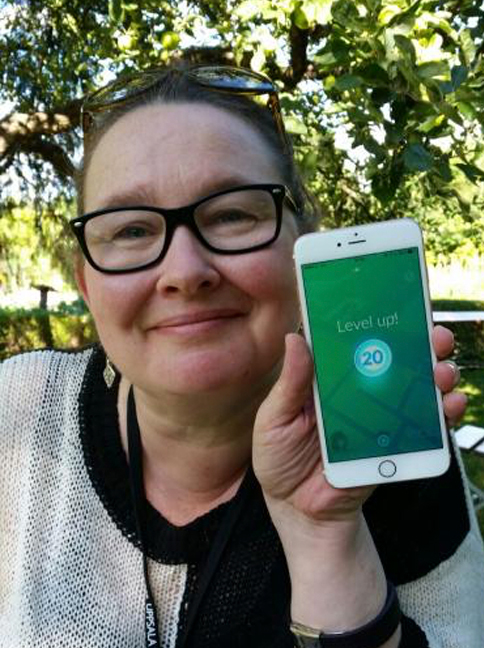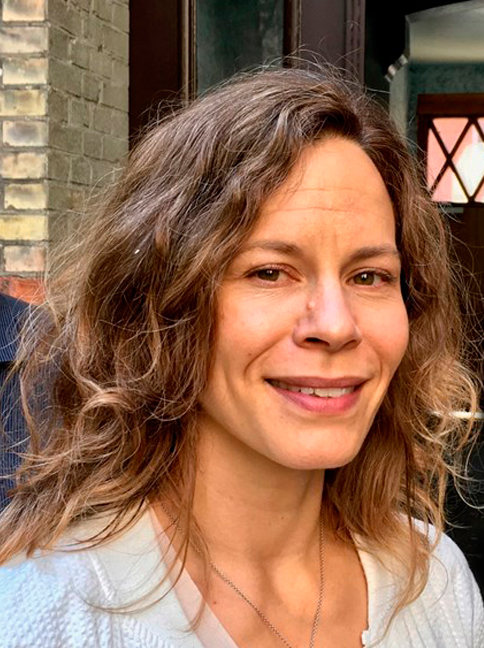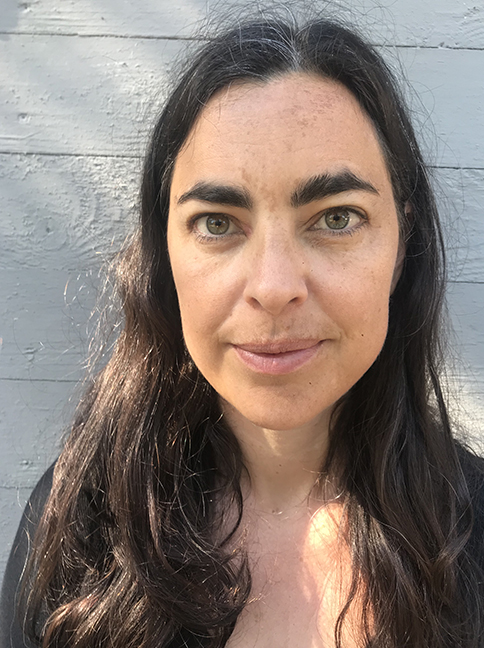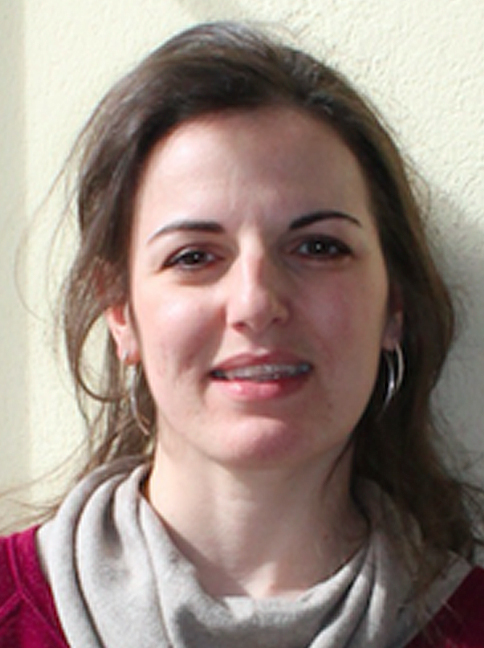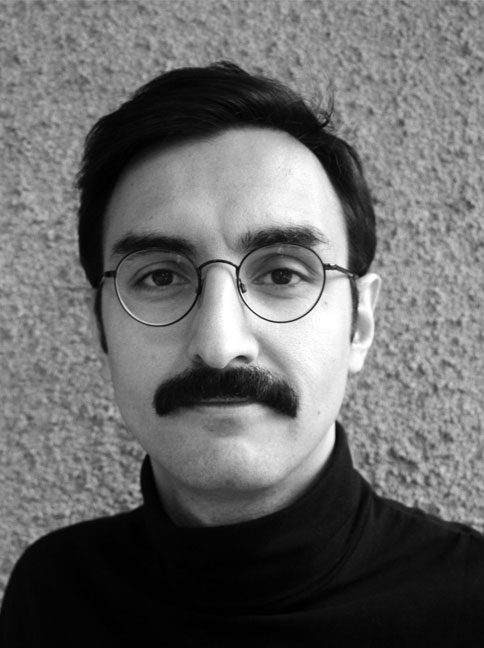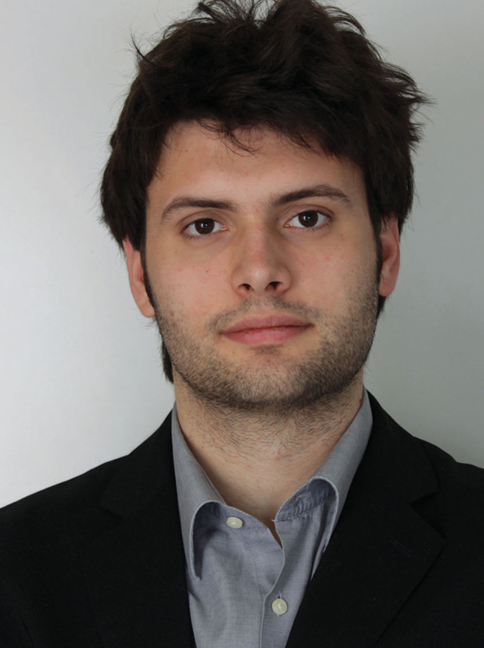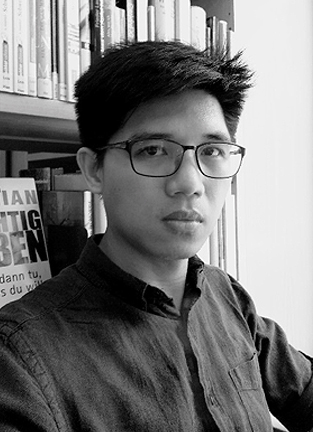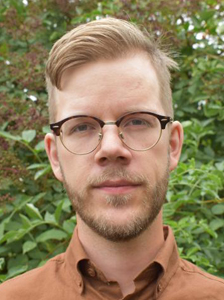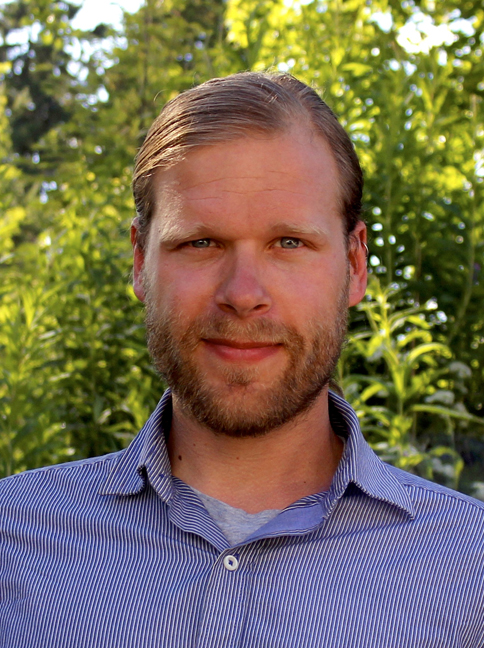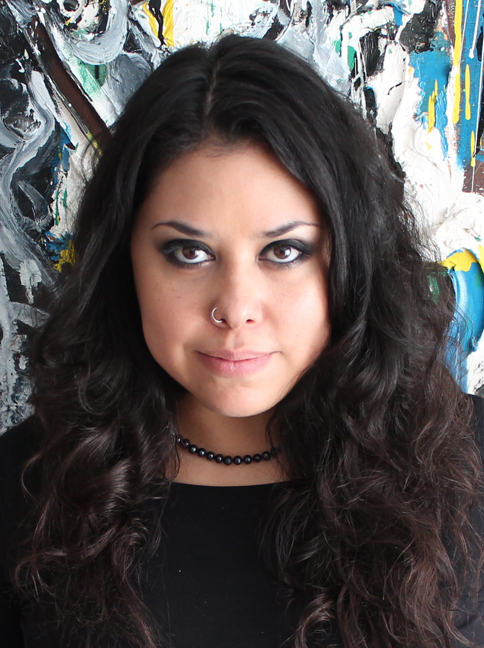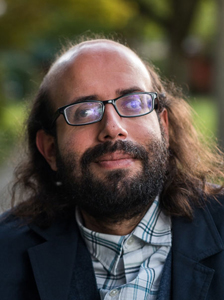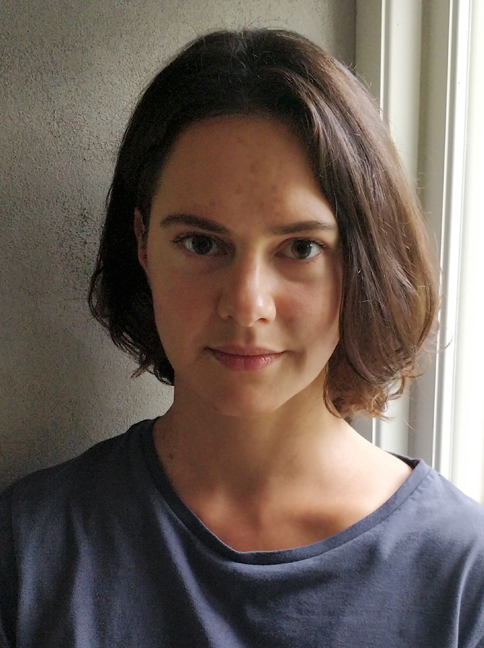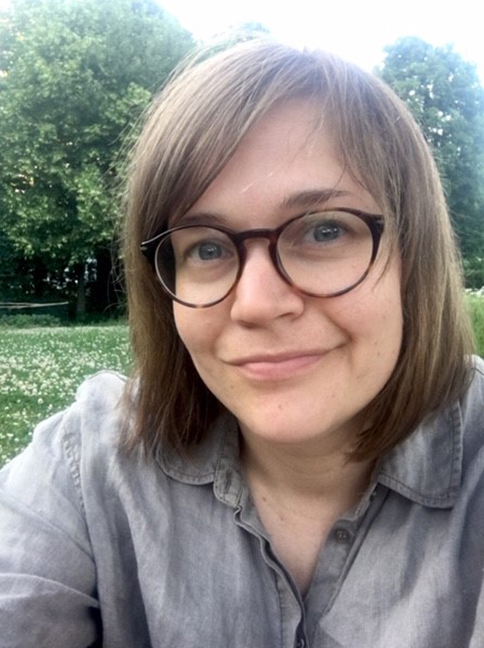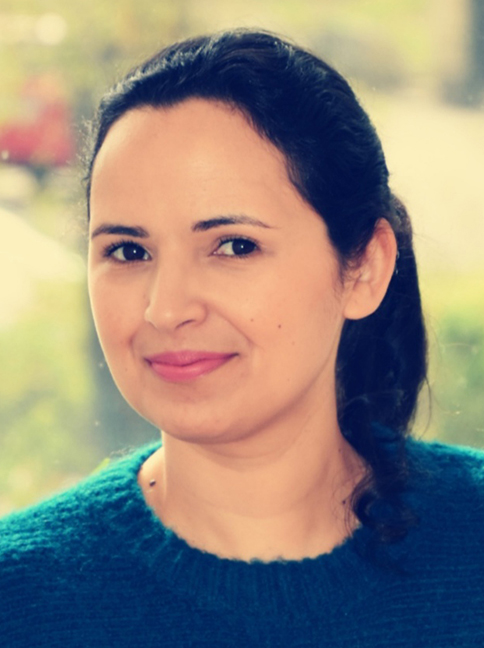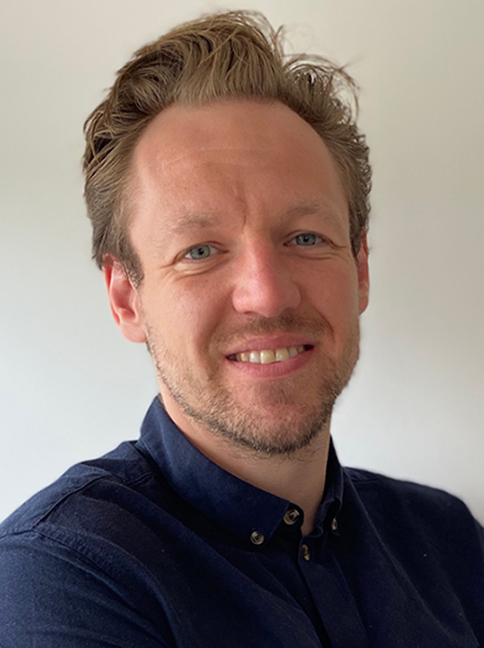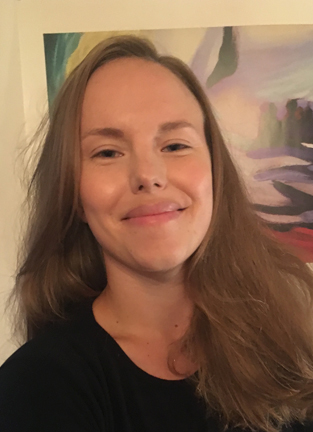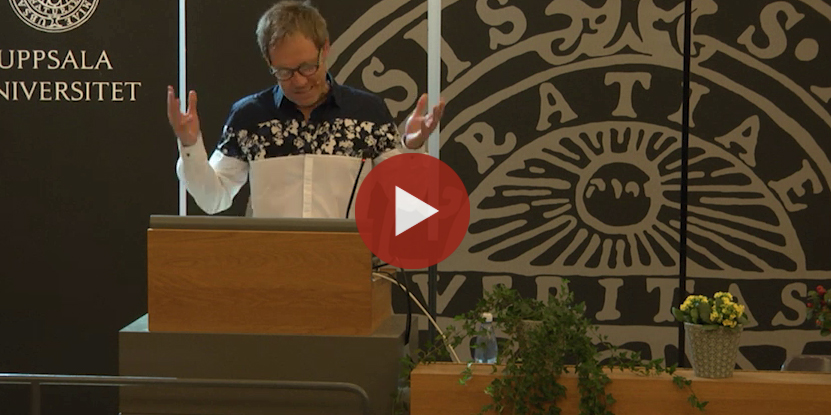Mirko Pasquini defends his dissertation The Negotiation of Urgency: Economies of Attention in an Italian Emergency Room on Friday, May 21, 2021 at 10:00 for the degree of Doctor of Philosophy. Faculty examiner: Dr. Alice Street, University of Edinburgh.
ABSTRACT Urgency in a hospital Emergency Room (ER) is not a self-evident state. Urgency is made, by establishing priorities, distributing attention and material resources, and deciding who and what needs to be attended to first – and, simultaneously, who and what has to wait. The process of determining urgency is known as “triage” (from the French verb, trier, “to choose”).
This thesis is about the vicissitudes of triage in an Italian ER. Based on one year of ethnographic fieldwork, the thesis explores what happens when urgency is at stake; when it is contested and caught up between different, and frequently conflicting, perspectives. It explores how urgency is determined in practice, and shows how triage always is a vulnerable process of negotiation guided by economies of attention.
How is urgency actually shaped in interactions between patients, their families and friends, and the ER staff? The different chapters explore how time in the ER is created through shifting registers of attention, and how attention in the ER is affected by widespread economic and social precarity, and neoliberal national policies of governance. It discusses how triage increasingly is structured by attitudes of mistrust; and also by potential or real outbreaks of violence.
Addressing the particular positioning of the ER as a thick space of conjunction between neoliberal state politics and people’s increasing need for care and recognition, the thesis aims to contribute to medical anthropology literature by analyzing triage not as a neutral medical way of sorting, but as a practice that actively creates difference. It explores both the limits of triage, and how those limits can spark improvisation and creative reinvention.

